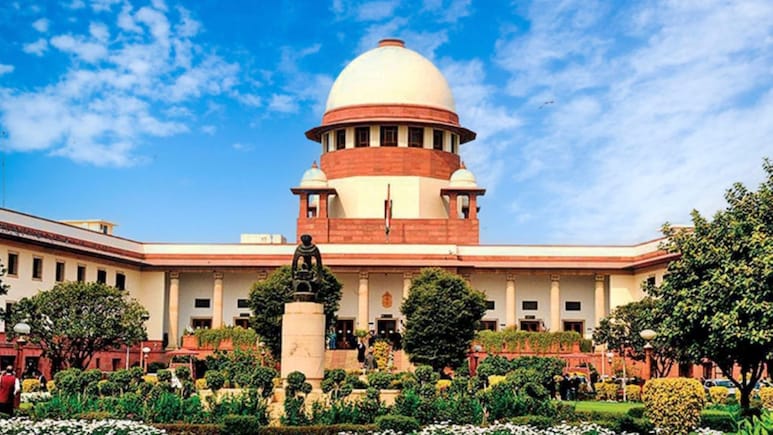
The Supreme Court on Monday said it will ensure full transparency in appointments to the Central and State Information Commissions.
The Centre informed the court that the search committee has completed its process for the appointment of the Chief Information Commissioner (CIC), and that applications will be considered within three weeks.
This came after the petitioners pointed out that the CIC is currently without a chief, and that eight of the 10 posts of the Information Commissioners are vacant. They also noted that the backlog of cases before the CIC is close to 3,00,000.
The petitioners, represented by advocate Prashant Bhushan, alleged that the large number of vacancies showed a deliberate attempt by both the Centre and States to "kill RTI".
While assuring that it will ensure transparency in the appointment of the CIC, the Supreme Court directed all state governments to file a status report on filling up vacancies by November 17.
The Bench, headed by Justice Surya Kant, observed that it has no reason to believe that the Centre will not follow the Court's earlier guidelines on appointments to the post of CIC. Justice Kant added that if any ineligible person is appointed, the Court will examine the matter and ensure transparency.
These observations came after Bhushan submitted that the names of applicants had not been made public, as required under a previous Supreme Court judgment, and alleged that appointments were being made in favour of individuals who praise the government.
The Centre informed the Bench that the search committee's work is complete and that the selection committee - comprising the Prime Minister, the Leader of the Opposition, and a Union Cabinet Minister nominated by the Prime Minister - will consider the applications within three weeks.
The petitioners also submitted data showing that many State Information Commissions are similarly understaffed. The Jharkhand commission has been defunct for over five years. The Himachal Pradesh commission is also non-functional, and Chhattisgarh's commission is operating with only one commissioner despite nearly 35,000 pending appeals and complaints.
In many other states too, large backlogs persist even as several posts remain vacant, the plea said.
It was argued that the failure to appoint commissioners in a timely and transparent manner is effectively undermining the public's Right to Information, resulting in massive delays - often of more than a year - in the disposal of appeals and complaints.
Track Latest News Live on NDTV.com and get news updates from India and around the world

